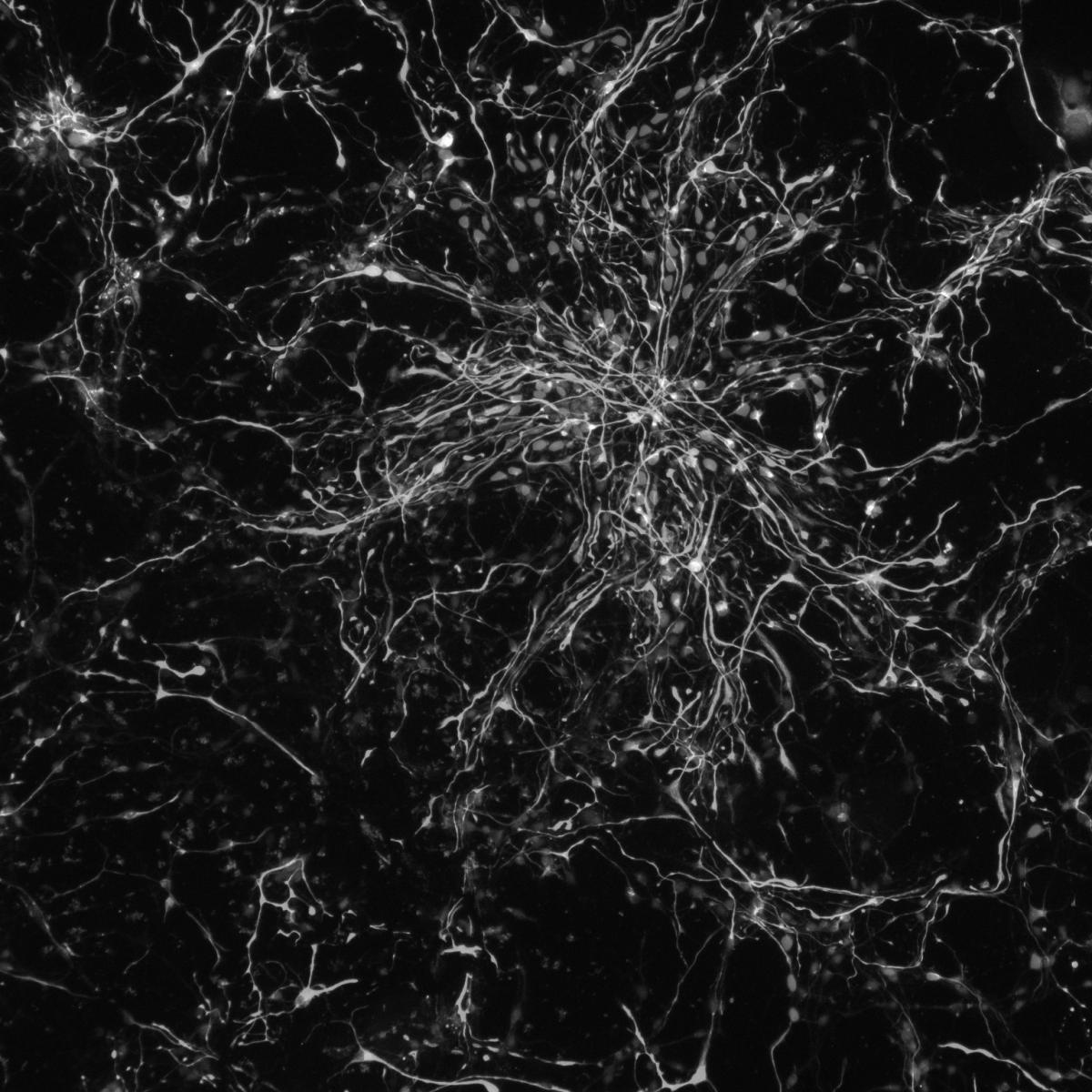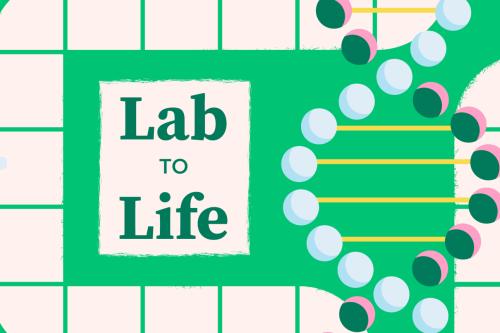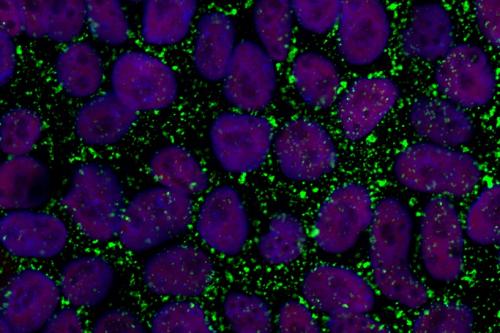
Steve Jacobsen, Ph.D.
- Distinguished Professor, Molecular, Cell and Developmental Biology
- Distinguished Professor, Biological Chemistry

Steve Jacobsen, Ph.D., studies DNA methylation and epigenetic gene regulation, processes that play important roles in development and genome integrity. He seeks to apply his findings to develop more effective cancer therapies and improved CRISPR-based tools for gene editing.
The most common form of epigenetic gene regulation, and a focus of Jacobsen’s research, is DNA methylation — a naturally occurring process by which cells silence specific genes by chemically attaching methyl groups to their surface. DNA methylation is fundamental to controlling cell growth and development, and is important in some cancers.
A trained plant biologist, Jacobsen uses plants such as Arabidopsis thaliana, as well as mammalian stem cells, to study these gene regulatory processes. His research focuses on the mechanisms by which DNA methylation, histone methylation and non-coding RNAs converge in overlapping pathways to promote stable and heritable repression of gene transcription.
Understanding the mechanisms used to turn genes on and off could advance our understanding of developmental transitions and assist in the development of improved cancer therapies, among other advances. Insights gained from this research could also inform the development of improved CRISPR-based tools for gene editing and for the targeting of epigenetic marks to specific loci.
He has made several key findings about DNA methylation in stem cells. Alongside center members Amander Clark, Ph.D., and Matteo Pellegrini, Ph.D., Jacobsen demonstrated that a protein called UHRF1 plays a critical role in DNA methylation control in mammals. He was also among the first researchers to illuminate the role of histone methylation in directing DNA methylation, detailing a positive feedback loop that shows how DNA methylation, once established, can be faithfully maintained.
Jacobsen is a Howard Hughes Medical Institute Investigator and an elected member of the National Academy of Sciences.
"With my background in agriculture — growing up on an almond ranch in California and studying the field throughout my career — I recognize the delivery of gene-editing tools as a major bottleneck in plant biotechnology. I'm particularly passionate about applying this technology to underinvested crops grown in developing countries, where traditional genome-editing techniques are just not available."
- Distinguished Professor, Molecular, Cell and Developmental Biology
Research Projects
- Identifying the molecular mechanisms that control gene expression downstream of DNA Short for deoxyribonucleic acid, DNA is a double-stranded molecule that serves as the genetic blueprint for living organisms. Composed of four chemical bases, DNA encodes the instructions necessary for protein synthesis and governs the development, function, and inheritance of traits in an organism. DNA Short for deoxyribonucleic acid, DNA is a double-stranded molecule that serves as the genetic blueprint for living organisms. Composed of four chemical bases, DNA encodes the instructions necessary for protein synthesis and governs the development, function, and inheritance of traits in an organism. methylation A natural biochemical process of modifying certain structures within DNA that plays crucial roles during development and differentiation. Dysregulation of this process is linked to diseases like cancer, loss-of-imprinting syndromes and neurological disorders. Additionally, DNA methylation patterns vary across cells, tissues and organisms, with changes occurring as we age. methylation A natural biochemical process of modifying certain structures within DNA that plays crucial roles during development and differentiation. Dysregulation of this process is linked to diseases like cancer, loss-of-imprinting syndromes and neurological disorders. Additionally, DNA methylation patterns vary across cells, tissues and organisms, with changes occurring as we age.
- Discovering and developing new gene and epigenome The network of chemical compounds surrounding DNA that can influence gene expression without altering the underlying DNA sequence. Changes in the epigenome can be influenced by the environment and can play a role in a person's health and disease. epigenome The network of chemical compounds surrounding DNA that can influence gene expression without altering the underlying DNA sequence. Changes in the epigenome can be influenced by the environment and can play a role in a person's health and disease. editing methods
- Developing cutting-edge genomic and bioinformatic methods to study epigenetics The field of study focused on the dynamic network of chemical compounds surrounding DNA that can influence gene expression without altering the underlying DNA sequence. With modern DNA sequencing technology, scientists can measure epigenetic marks across an entire genome. epigenetics The field of study focused on the dynamic network of chemical compounds surrounding DNA that can influence gene expression without altering the underlying DNA sequence. With modern DNA sequencing technology, scientists can measure epigenetic marks across an entire genome.
- Leveraging discoveries made in DNA methylation to inform methods to correct stem cell line defects
-
Post-doctoral Fellowship
- Plant Developmental Genetics, California Institute of Technology, 1998
Degree
- Ph.D., Plant Biology, University of Minnesota, 1993
-



